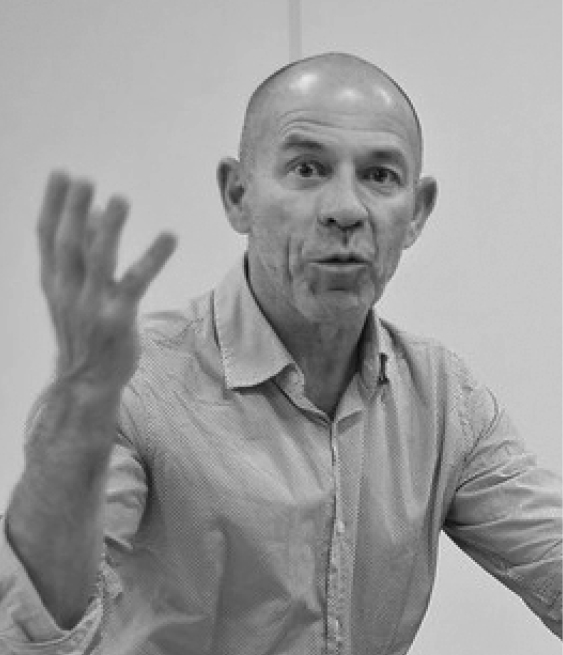
RESEARCH In this “Humanities Lab”, In Vivo introduces you to a research project from the Institute of Humanities in Medicine (IHM), Lausanne University Hospital (CHUV), and the Faculty of Biology and Medicine at the University of Lausanne (UNIL).
The history of notions about gender and sex reflects a complex interplay between social values and data from biology and physiology. Vincent Barras, medical historian and director of the CHUV-UNIL Institute of Humanities in Medicine, explains: “What might have been taken for granted at a given point – e.g. the ‘superiority’ of one sex over the other – is not so clear at other times due to evolving scientific views, but mostly because of cultural and social values that heavily influence people’s minds and behaviour.”
In the 19th century, a political and social order emerged in which medicine took a central role. This has tended to “pathologise” whole swathes of people and contexts that could not be clearly classified into a specific gender (identified at the time based on biological sex, male or female), setting them on the side of those “in need of treatment”. Behaviours including homosexuality, or “transsexuality” (term used at the time), and body conformations such as “hermaphroditism” were considered pathologies. They were therefore classified as “diseases” that required medical and psychiatric treatment. “Not until very recently did the medical system questioned these notions and practices, which are beginning to be – but not completely in my opinion – brought into perspective.”
Vincent Barras has taken a personal interest in these issues from dealing with people affected by them or with gender dysphoria. “Through their life choices and the challenges they faced, especially when it came to their experience with medicine, these human beings helped me understand how much vaster and more complex gender identity could be, instead of reducing it to a mere male-female dichotomy. I’m a board member of the foundation Agnodice, which leads truly pioneering action in the canton of Vaud and throughout French-speaking Switzerland, to bring this issue to the table in social, political and medical debate.”
Taking a deeper look at gender identity raises fundamental anthropological and philosophical questions, Vincent Barras says, “about who we are and what we do together as humans. These questions fall within the competence of humanities in medicine, healthcare professionals, as well as every man, woman, and everyone in between!” /
/ Read also our report on trans identity

Historian and Director of the CHUV-UNIL Institute of Humanities in Medicine, he shares some thoughts on gender identity in this interview.